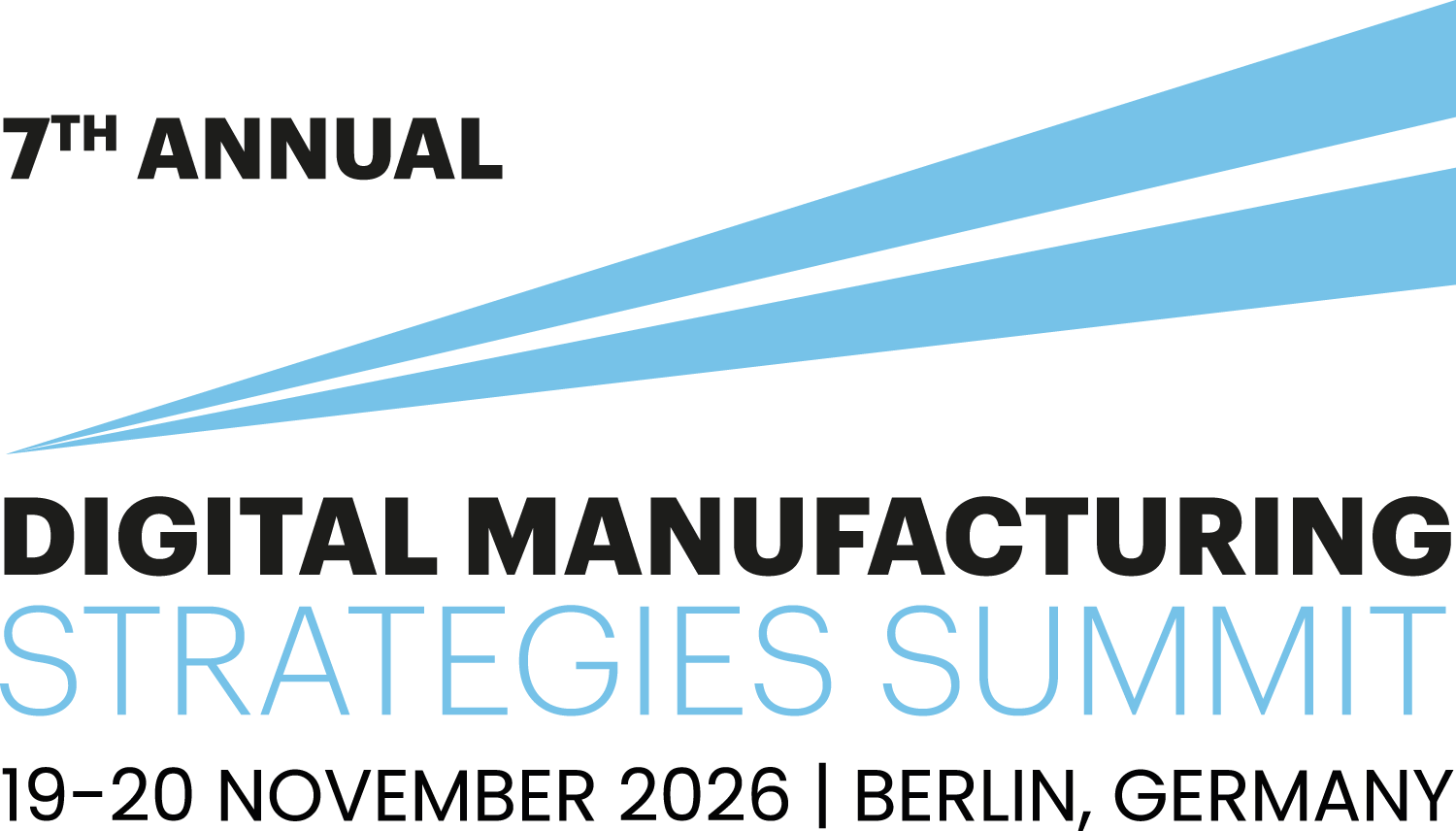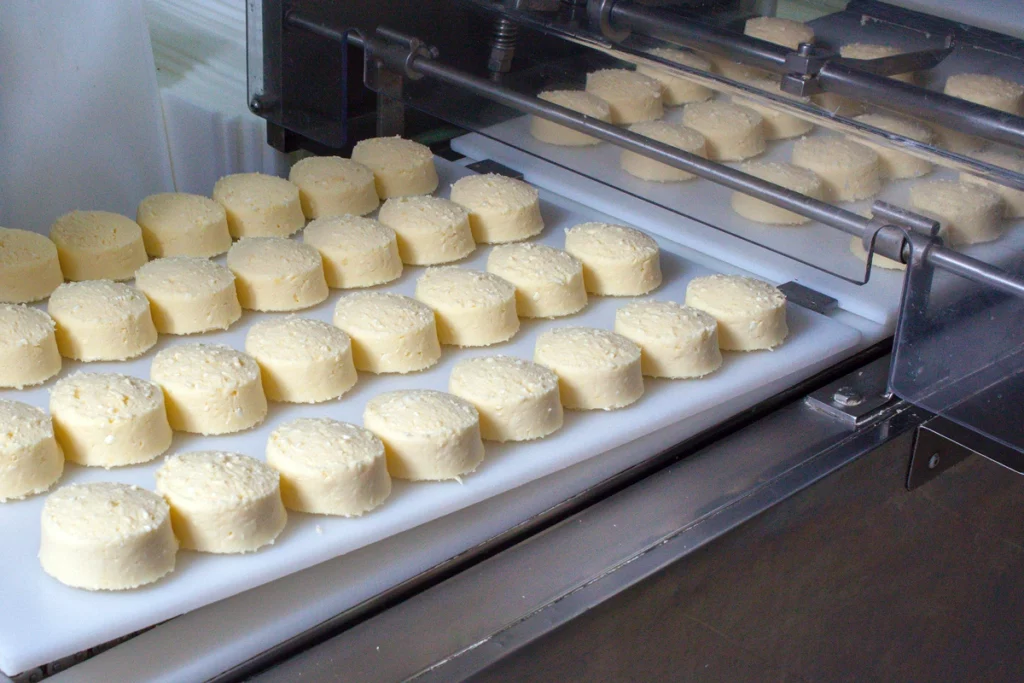Autonomous centerlining for production of processed foods
Discover how EthonAI’s autonomous centerlining capabilities delivered savings worth $100k per year per line for a leading food producer.
Background
Consumer Packaged Goods manufacturers operate in a high-volume, low-margin environment. Even minor inefficiencies, like a few grams of excess material per unit or inconsistent process settings, can scale into major costs across millions of units produced.
Challenge
A leading Consumer Packaged Goods manufacturer sought to reduce process variation. Its centerlining was suboptimal due to a lack of reliable tools that allowed for real-time line improvements.
A CEO and COO’s Perspective on Industrial AI Platforms
Introduction
At its core, manufacturing has always been about productivity: turning input into output as efficiently, reliably, and cost-effectively as possible. But delivering on that promise has never been more difficult. Today’s manufacturers are expected to produce a wider variety of products, in more places, at higher quality, on tighter timelines—all while facing growing economic pressure and rising complexity across their operations.
“The ultimate goals of manufacturing haven’t really changed,” says Dr. Jan Michael Mrosik, former COO of Siemens Digital Industries. “But the level of expectations, professionalism, and mastery needed to stay competitive is going up and up and up.”
Ethon.Ai caught up with Dr. Mrosik to get his take on what’s driving that shift. In this Q&A, he shares his perspective on the evolving role of data, the next S-curve in digital transformation, and why Industrial AI Platforms are quickly becoming a must-have for manufacturing leaders.
A CDAO’s Perspective on Industrial AI Platforms
Introduction
For years, manufacturers have known that data holds the key to better, more efficient operations. They’ve invested in sensors, systems, and analytics solutions, all designed to capture what’s happening on the factory floor. But turning that data into real, actionable insights has proven harder than many expected.
Francesco Marzoni has spent his career at the center of that challenge. With more than two decades leading global data and analytics strategies at companies like IKEA, Nestlé, Bayer, and Procter & Gamble, he’s seen how the role of data, and of data leaders, has shifted from solving isolated problems to driving decision-making companywide.
“I’ve always believed the honest objective of a CDAO should be to eliminate his or her role—to get to a point where data is so well integrated across the business that it no longer needs separate stewardship,” Marzoni says. “Of course, we’re not quite there yet.”
In this Q&A, Marzoni shares his perspective on where manufacturing analytics is headed, why contextualization matters more than ever, and why full control over data and operations is quickly becoming table stakes for manufacturers

